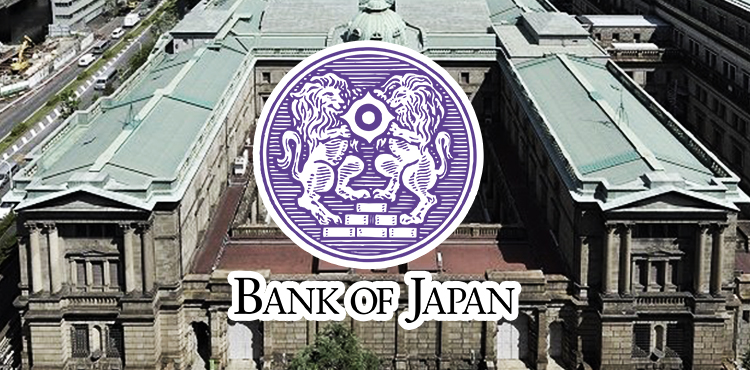Board member Seiji Adachi of the Bank of Japan suggested on Wednesday that the central bank might increase interest rates in response to significant declines in the yen that could drive inflation higher or alter public perceptions of future prices more than anticipated.
Adachi clarified that while transient currency fluctuations alone would not prompt a policy adjustment, a sustained devaluation of the yen could lead to a revision of interest rates if it substantially impacts inflation expectations.
Emphasizing the importance of considering both upside and downside risks in policy formulation, Adachi underscored the need to avoid premature rate hikes while remaining vigilant against a sudden acceleration in inflation that may necessitate a drastic tightening of monetary policy in the future.
He indicated the possibility of a near-term rate hike, stressing the significance of gradually modifying the level of monetary support in response to economic, price, and financial indicators as underlying inflation trends toward the 2% target.
Adachi’s statements underscore the potential impact of a weakening yen on the timing of the Bank of Japan’s next interest rate adjustment, with analysts speculating that a rate hike could materialize as early as July. Despite Japan’s current economic challenges, Adachi expressed optimism regarding a potential resurgence in consumption, exports, and capital spending driven by rising wages and global economic recoveries.
Adachi also highlighted expectations for a resurgence in consumer inflation in the upcoming months due to escalating import expenses and the likelihood of sustained wage growth. He warned that a rapid or persistent depreciation of the yen could expedite consumer price increases, potentially prompting an earlier-than-anticipated rate hike if inflation surpasses the 2% threshold consistently.
In line with the decision to terminate the policy of capping bond yields at zero in March, Adachi mentioned the BOJ’s intention to scale back bond purchases gradually to prevent market disruptions. The yen’s approximately 10% depreciation against the dollar this year, combined with diverging U.S. and Japanese interest rates, has raised concerns among policymakers about the impact on consumption from heightened import costs and fueled speculations of an imminent rate hike to stem the yen’s decline.
While the Bank of Japan has refrained from using monetary policy to influence currency movements, the yen’s persistent weakness has prompted calls from some government and business leaders for the central bank to raise rates from near-zero levels. BOJ Governor Kazuo Ueda has reiterated the bank’s commitment to adjusting rates to levels deemed neutral for the economy, contingent upon growth and inflation aligning with its forecasts.





